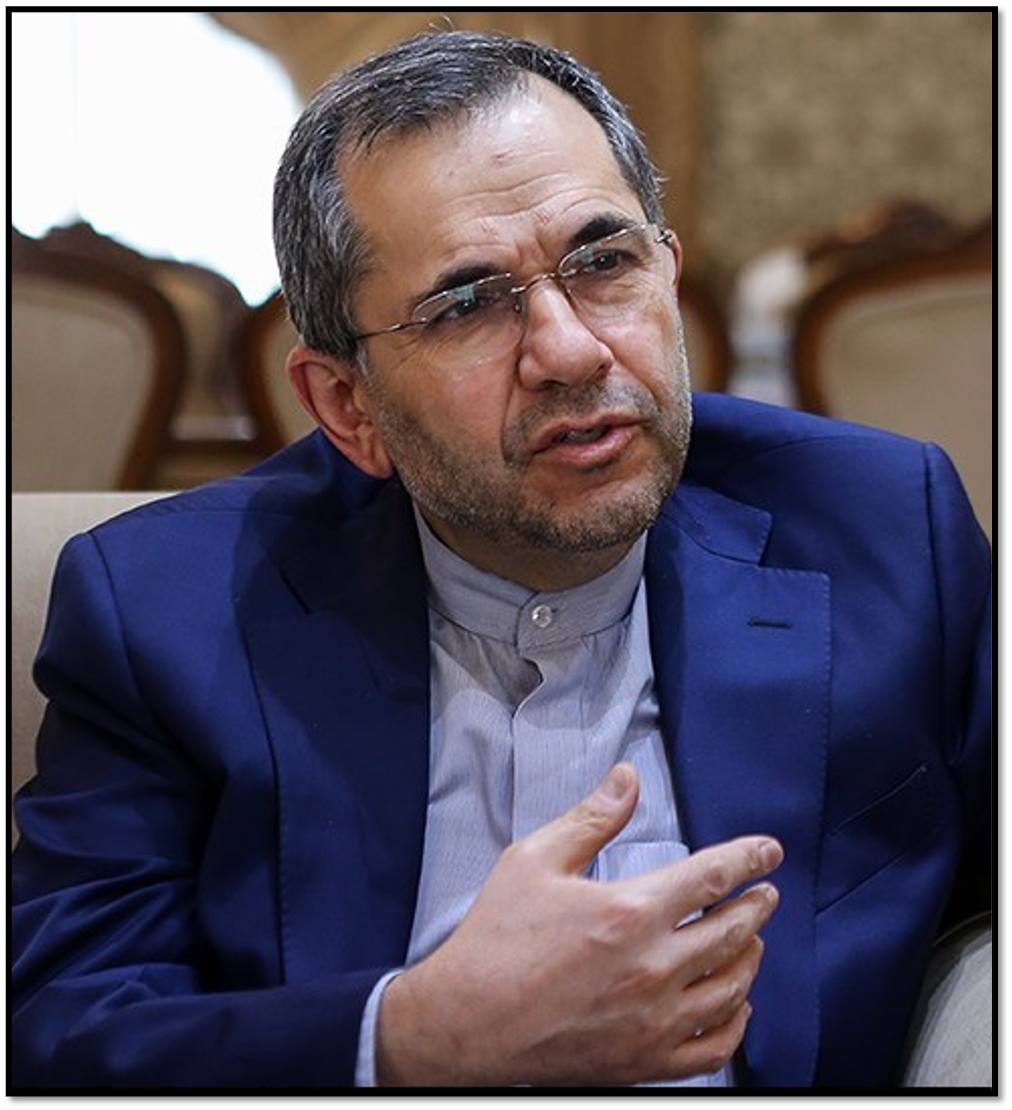On January 21, South Korea paid Iran’s unpaid U.N. dues, $18.4 million, using Iranian assets frozen in Korean banks by U.S. sanctions. The Korean government cooperated with the U.S. Treasury and the United Nations to make the payment, which restores Iran’s voting rights.

Iran claimed that U.S. sanctions made it difficult to find a secure channel for paying the United Nations. “Unfortunately, for the second year in a row, and due to cruel and illegal sanctions of the United States, the payments by our country have hit a roadblock,” Foreign Ministry Spokesperson Saeed Khatibzadeh said on January 12.
Iran previously lost its voting rights in January 2021 for the same reason. It only regained its rights in June 2021 after making a minimum payment of $16.3 million that was also facilitated by South Korea. “Last year, it took some months to pay; this year it has taken a few weeks, but finally we were successful in arranging the necessary things and we made it,” Iran’s U.N. ambassador, Majid Takht Ravanchi, told Press TV on January 24. He reiterated that Iran was committed to paying its dues on time and had the requisite funds all along.
- Related Material: Explainer – Iran’s Frozen Assets
Iran reportedly has more than $100 billion in frozen assets held in banks abroad, including some $7 billion at two South Korean Banks. Most of the funds are held in countries that purchased crude oil from Iran in the past.
Had a good meeting with Iranian VFM Ali Bagheri Kani in Vienna. We exchanged views on our bilateral relationship including the frozen fund. Korea & Iran will work together and preserve our historically important relationship. pic.twitter.com/GY3hLAMO1B
— 최종건 Jong Kun Choi (@jongchoiysu) January 6, 2022
The Obama administration (2009-2017) used sanctions to pressure Iran to curtail its nuclear program and come to the negotiating table. It warned that foreign financial institutions that provided “material support” to Iran’s financial system could be sanctioned and cut off from the U.S. financial system. So foreign banks froze Iranian assets in their possession.
Iran regained access to its assets abroad as a result of the 2015 nuclear deal. But in 2018, President Donald Trump abandoned the agreement and reimposed wide-ranging U.S. sanctions that froze Iranian assets again.
In October 2021, Iran warned that Iran’s central bank could sue the South Korean banks if they didn’t release the funds. “U.S. pressure is a fact, but we cannot continue... to turn a blind eye to this question,” Foreign minister Hossein Amir-Abdollahian said. But without a license from the U.S. Treasury’s Office of Foreign Assets Control, international banks won’t release the money.
The frozen assets are an issue in ongoing talks on restoring the 2015 nuclear deal. In early January 2022, South Korea’s vice foreign minister, Jong Kun Choi, met with U.S, European, Russian and Iranian diplomats in Vienna. The funds were a topic of discussion. The following is a statement from South Korea’s foreign ministry on the 2022 payment.
Republic of Korea – Ministry of Foreign Affairs
Statement on Jan. 23, 2022: The Korean government, in close cooperation with the U.S. Department of Treasury's Office of Foreign Assets Control (OFAC) and the United Nations (UN) Secretariat, completed the payment of Iran's UN contributions (18 million dollars, about 22.2 billion won) using Iranian frozen assets in Korea on January 21, 2022.
- The decision comes after the Iranian government’s request to the Korean government on January 13, 2022, to pay the UN contributions with the Iranian funds frozen in Korea, amid concerns over restrictions on Iran’s voting rights at the UN General Assembly due to its overdue UN financial contributions.
- The Korean government, based on the precedent of paying Iran's UN contributions (16 million dollars, about 18.4 billion won) with the frozen Iranian assets in June last year, discussed an expedited process of transferring Iranian funds with concerned parties, including OFAC, UN Secretariat, and financial institutions.
- Iran is expected to regain its voting rights at the UN General Assembly immediately after the completion of the process.
